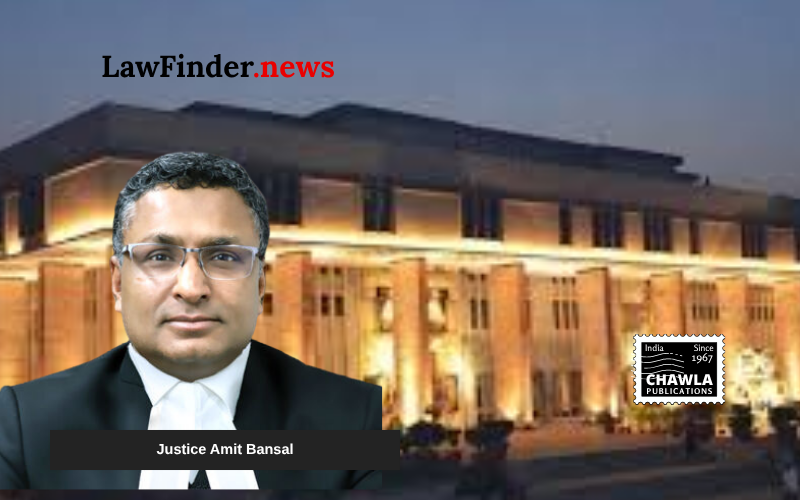Satirical Commentary on Public Figures Allowed, but With Restrictions on Obscene Content
In a significant ruling, the Delhi High Court has delivered a judgment in the case of Gaurav Bhatia v. Samajwadi Party Media Cell and Others, emphasizing the delicate balance between freedom of expression and protection against defamation. Presided over by Justice Amit Bansal, the court addressed the complexities of defamation cases involving public figures, setting a higher threshold for what constitutes defamation against such individuals while recognizing the protection of fair comment under Article 19(1)(a) of the Indian Constitution.
The case, filed by Gaurav Bhatia, a senior advocate and national spokesperson for the Bharatiya Janata Party (BJP), sought permanent and mandatory injunctions against various defendants, including political parties, journalists, social media personalities, and platforms like Twitter and YouTube. Bhatia alleged that the defendants circulated defamatory and obscene content targeting his appearance during a live television debate, causing him emotional distress and reputational harm.
In his judgment dated September 25, 2025, Justice Amit Bansal clarified that while public figures like Bhatia are subject to higher scrutiny and criticism, satirical and humorous commentary remains protected under the right to freedom of expression, provided it does not cross into obscene or sexually suggestive language that attacks a person's dignity. The court cited the case of T.V. Today Network Limited v. News Laundry Media Private Limited, 2022 SCC Online Del 2233, in support of the principle of fair comment as a defense in defamation cases involving public figures.
The court also addressed the issue of ex-parte ad interim injunctions, stating they should only be granted in exceptional circumstances. The court referred to the Supreme Court judgment in Bloomberg Television Production Services India Private Limited v. Zee Entertainment Enterprises Limited, 2024 SCC Online SC 426, which emphasized that such injunctions should only be granted under exceptional circumstances, allowing defendants the opportunity to present a defense.
In this case, the court determined that an ex-parte ad interim injunction was not warranted against the defendants for their impugned posts, as the plaintiff's appearance during the live telecast was voluntary, and the commentary was deemed fair comment. However, the court did find certain posts made by specific defendants, including the Samajwadi Party Media Cell and one Vish Patel, to be explicit and defamatory, thus granting an interim order for the removal of specific URLs and restraining further derogatory posts.
The judgment underscores the necessity of protecting public figures from defamatory content, while also upholding the constitutional right to free speech, as long as it does not cross the line into obscenity.
Bottom Line:
In cases involving defamatory statements against public figures, satire and humorous commentary may be considered as fair comment under Article 19(1)(a) of the Constitution, provided it does not contain obscene or sexually suggestive language attacking dignity.
Statutory provision(s): Article 19(1)(a) of the Constitution of India, Order I Rule 3 of the Civil Procedure Code (CPC), Order XXXIX Rules 1 and 2 of the CPC, Rule 3(1) of the Information Technology (Intermediary Guidelines and Digital Media Ethics Code) Rules, 2021
Gaurav Bhatia v. Samajwadi Partymedia Cell, (Delhi) : Law Finder Doc Id # 2784479




